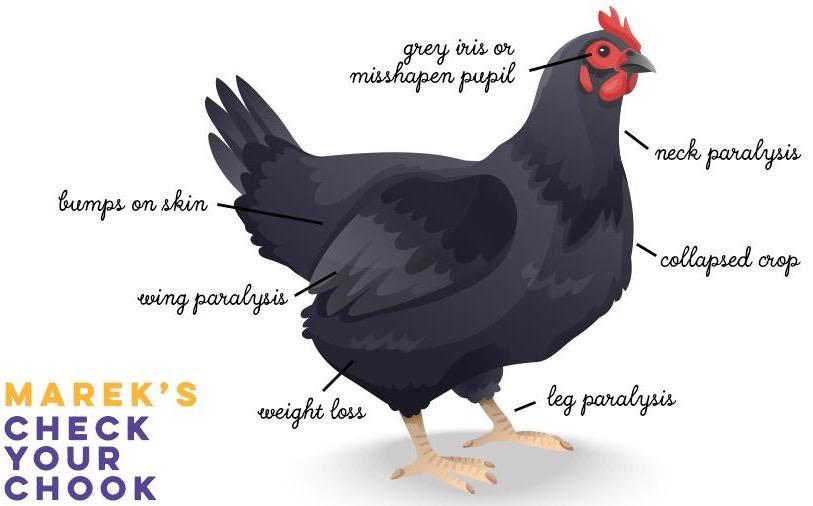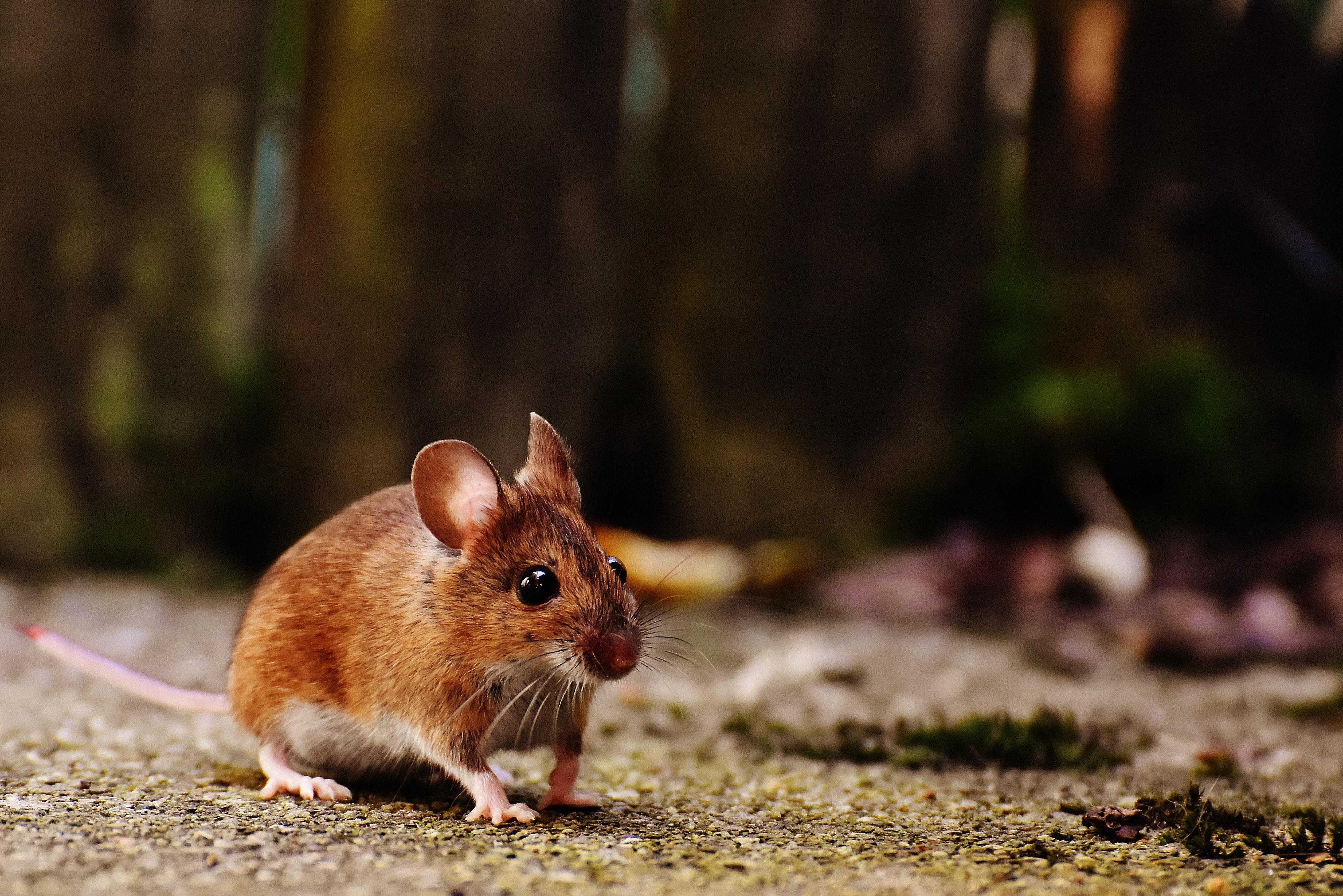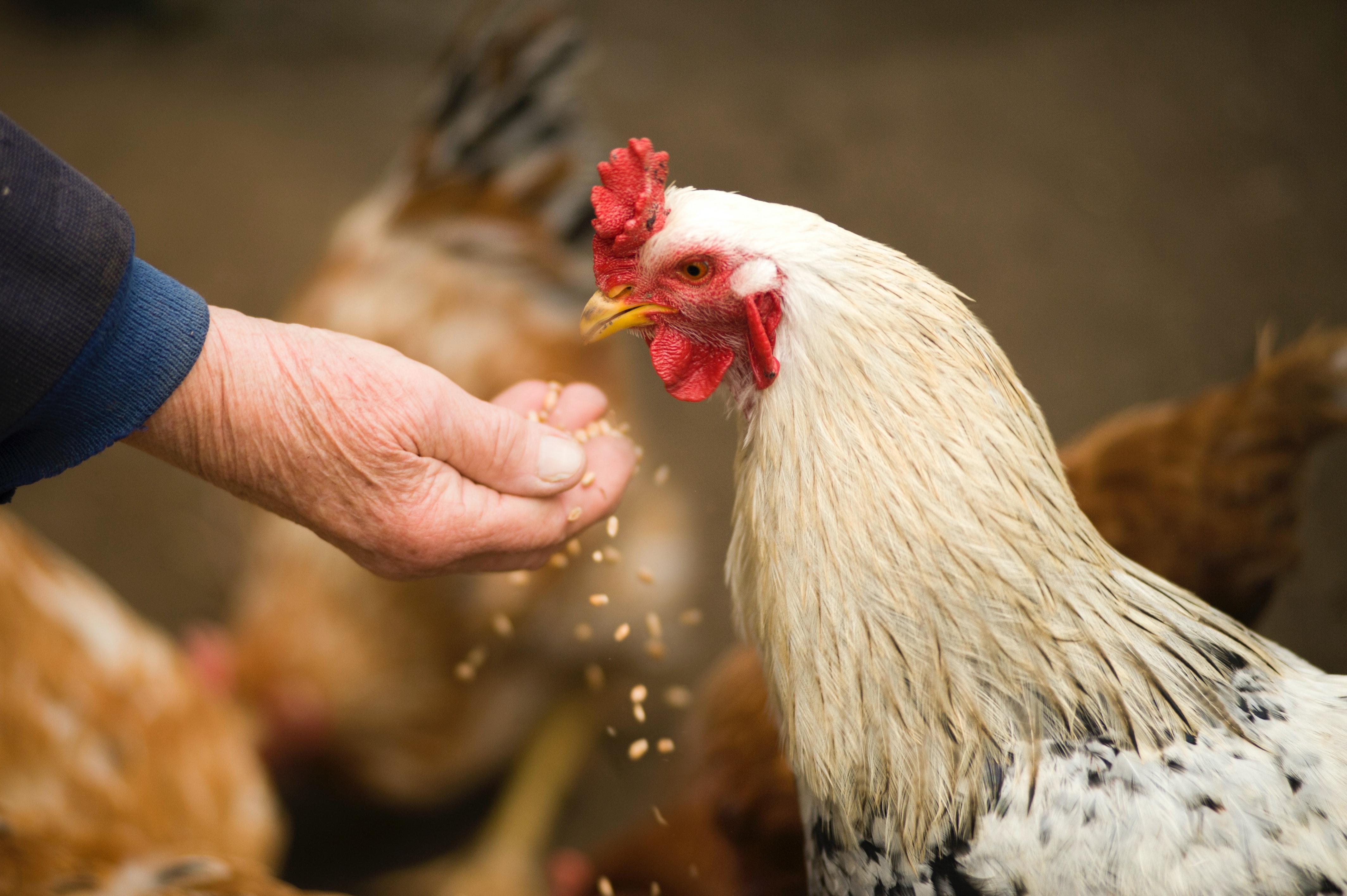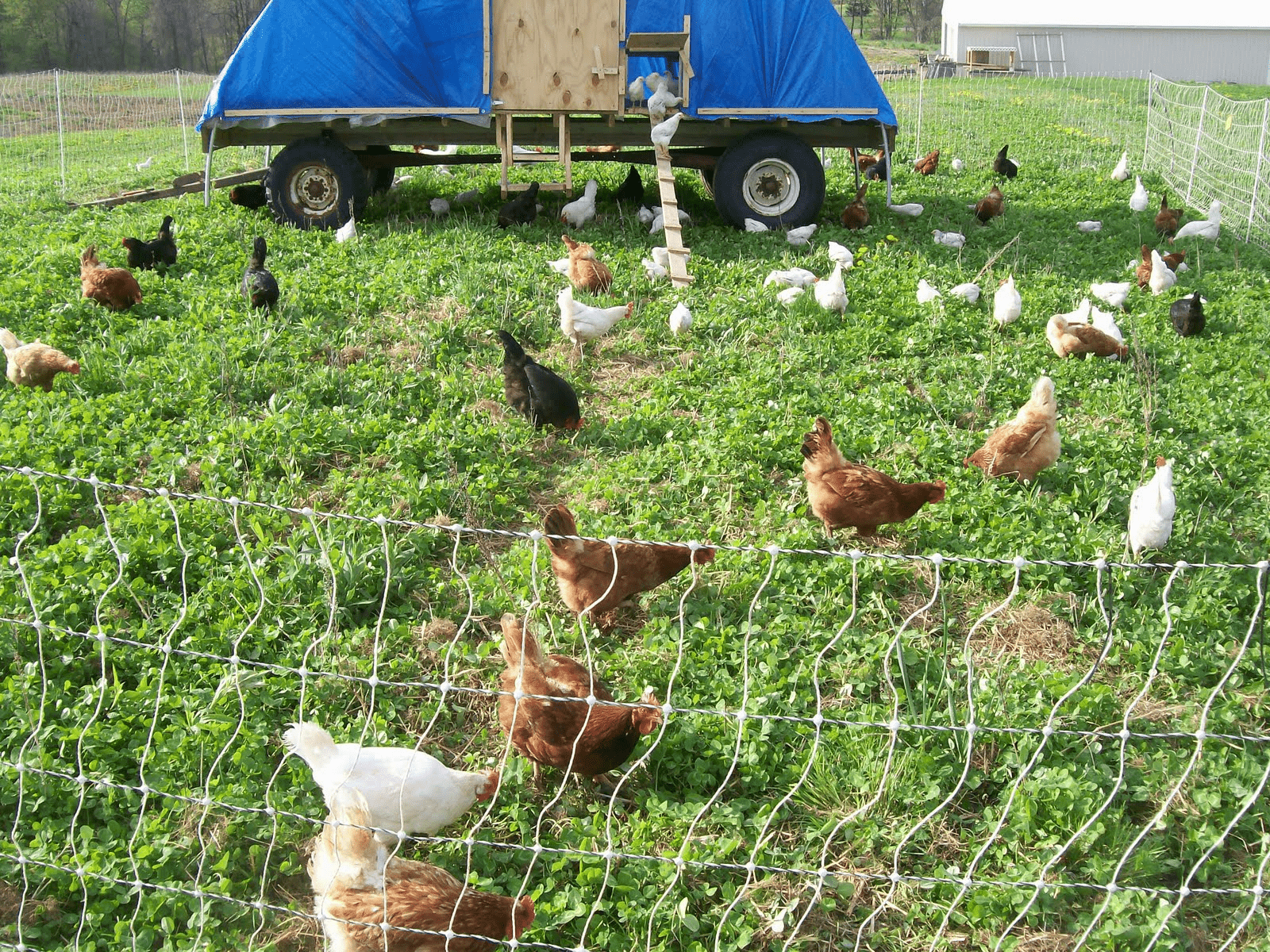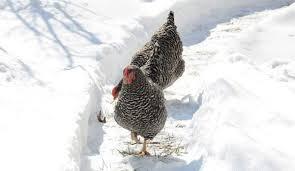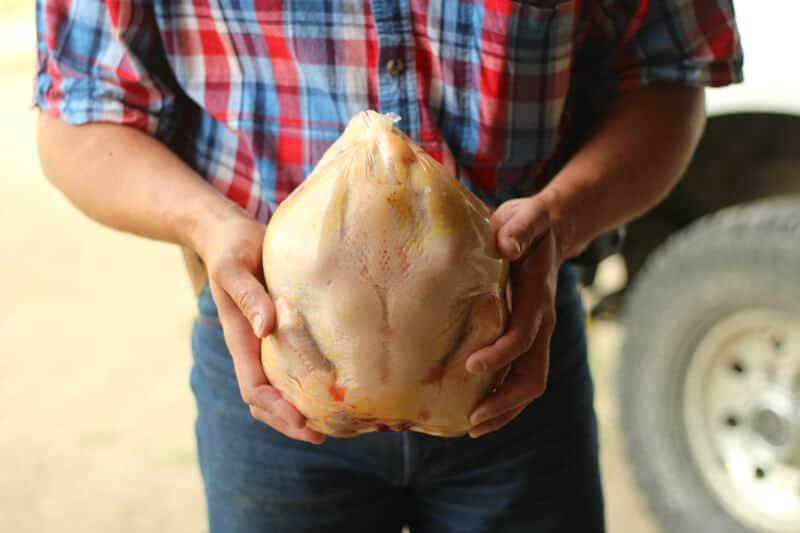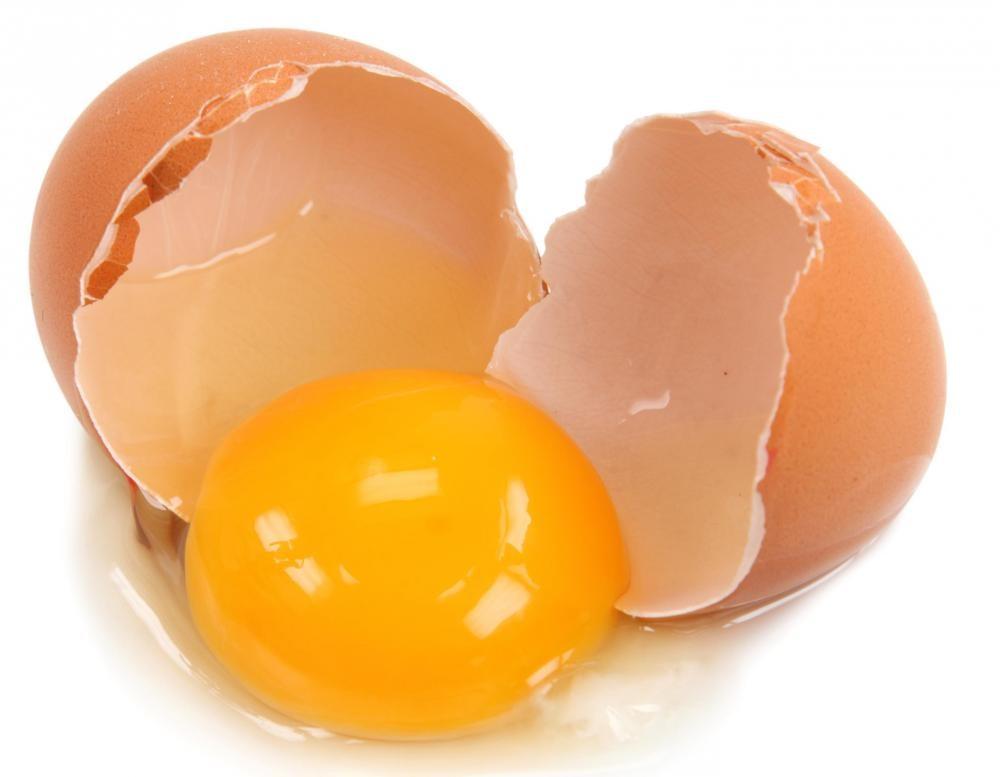Updated: August 9, 2022
Infectious Coryza (IC): Frequently asked questions (FAQs) (FS-1131)
Infectious Coryza (IC) is a rapidly spreading respiratory disease that mainly affects chickens and, occasionally, pheasants and Guinea fowl of all ages. Currently, there is an ongoing outbreak in some poultry flocks in the northeastern U.S. This publication addresses the most frequently asked questions about IC and how to prevent and control it. Authors: Mostafa Ghanem and Nathaniel Tablante; Title: Infectious Coryza (IC): Frequently asked questions (FAQs) (FS-1131)
Updated: July 15, 2022
Recognizing and Preventing Marek’s Disease in Small Flocks
Marek’s disease is one of the most widespread poultry diseases in the world. It is a highly contagious viral disease caused by a herpes virus called Alphaherpesvirinae. Marek’s disease occurs in chickens 3–4 weeks of age or older but is most common between 12 and 30 weeks of age. It can also infect quail and, rarely, turkeys. Female birds are infected more often than males. Once the virus is introduced into a chicken flock, infection spreads quickly from bird to bird and infected chickens continue to shed the virus, thus perpetuating a vicious cycle of infection. There is no effective treatment for the disease and infected birds never recover.
